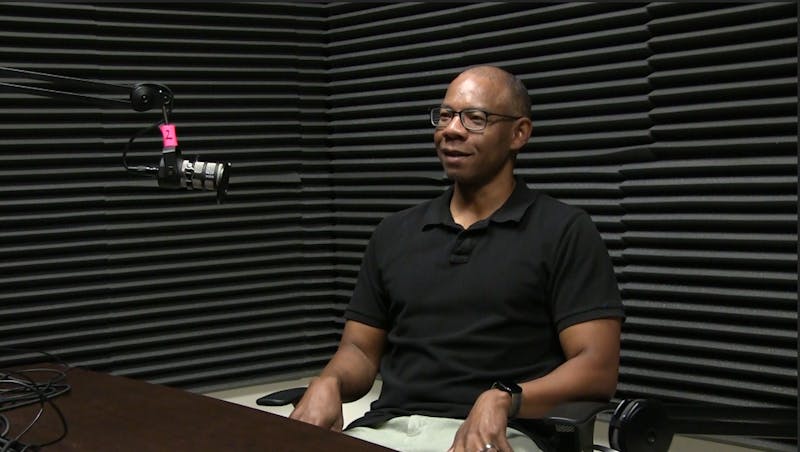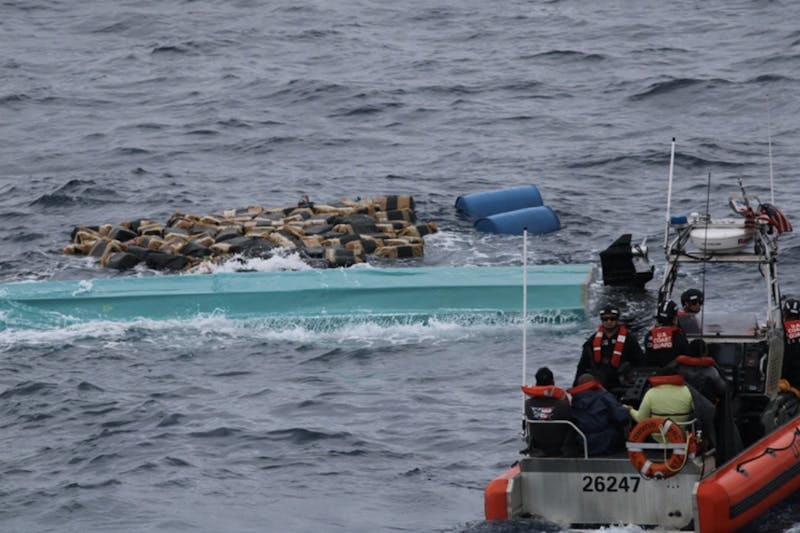For the first time in my 10 years as the faculty adviser of The Slate, I have asked the editor-in-chief and managing editor of the student-run campus publication for space to address the campus community. I felt the need to do so because of a situation that arose prior to and after The Slate staff hosted “Decision 2012 – The Choice Is Yours” program in Memorial Auditorium on Thursday, Oct. 25.
The program, much like the one The Slate hosted during the 2008 presidential elections, was an opportunity to get students involved in the political process and educate them on the issues facing voters in 2012. Representatives of the College Republicans and the College Democrats were invited to debate the issues of the campaign, and invitations were sent to Rep. Rob Kauffman, R-Chambersburg, and Ms. Susan Spicka, his challenger for the 89th District seat in the state House of Representatives, to participate in the program. Mr. Kauffman declined to attend, saying that his calendar for that evening was already full. Ms. Spicka accepted the invitation.
When Mr. Kauffman indicated that he could not come, The Slate staff decided to change the format of the program so that it would not provide Ms. Spicka with an opportunity of which Mr. Kauffman was unable to take advantage. Ms. Spicka was informed that she could still participate, but would only be allowed to talk about issues facing students and would not be permitted to make a campaign speech during the program. Ms. Spicka agreed to those conditions.
When promotional materials announcing the event began to appear around campus, The Slate staff and I received several communications via telephone and email asking about the “exclusion” of Mr. Kauffman. The circumstances surrounding Mr. Kauffman’s absence were explained and those who communicated with us seemed to be satisfied with our explanation.
Local media covered the debate and the comments of Ms. Spicka, who addressed the issues facing voters in a nonpartisan fashion. On Saturday morning, I read the account of the event published in the Chambersburg Public Opinion.
In the story, Mr. Kauffman said that he would have loved to be at the event, but that he was never invited.
Slate staff members were confused and disappointed when they heard about Mr. Kauffman’s statement that he was not invited to the event. They knew that Mr. Kauffman had been invited and that Mr. Kauffman had replied to our public relations director on Sept. 25 that he was unable to attend:
“I appreciate your kind invitation. In my eight year tenure in the Pennsylvania House of Representatives, this is the first time I’ve been invited to participate in such a forum at Shippensburg University. It sounds exciting and I am sorry that my calendar is already full on that evening. I hope it is a great event for you.”
I want to assure the campus community that The Slate staff did invite Mr. Kauffman to the event and that The Slate staff changed the format of the program in order to be as fair as possible. The Slate invited Mr. Kauffman and Ms. Spicka to the event to help SU students understand the issues in this year’s election and educate them about democracy in action.
In his opening comments before the program, SU President William Ruud praised The Slate staff for organizing the event and urged students to get involved and vote no matter where they stand on the issues or what candidate they support. A majority of the students who were in the audience are going to be voting for the first time.
The program last Thursday evening was a success because of the hard work of The Slate staff and the efforts of the student representatives of the College Republicans and College Democrats. The debate was spirited and covered important issues facing voters in 2012. I am very proud of the young adults who stood on the stage of Memorial Auditorium and, in the best example of democracy in action, fought for their principles and ideals. And I am proud of the students who attended the event to listen and ask questions.
In a time in our country’s history when trust in our elected leaders and the democratic process through which we choose those leaders is at such a low level, and when the impression of our young adults often is that they are apathetic and uninvolved, the fact that those students wanted to educate themselves about candidates and issues and want to be involved in the process was very gratifying to me.



The Slate welcomes thoughtful discussion on all of our stories, but please keep comments civil and on-topic. Read our full guidelines here.